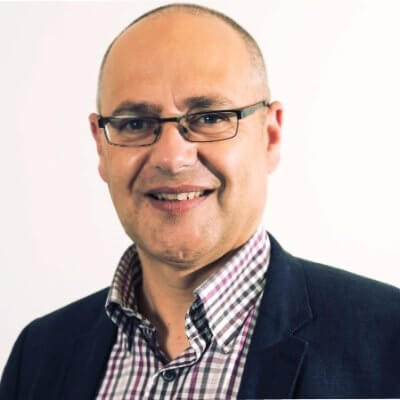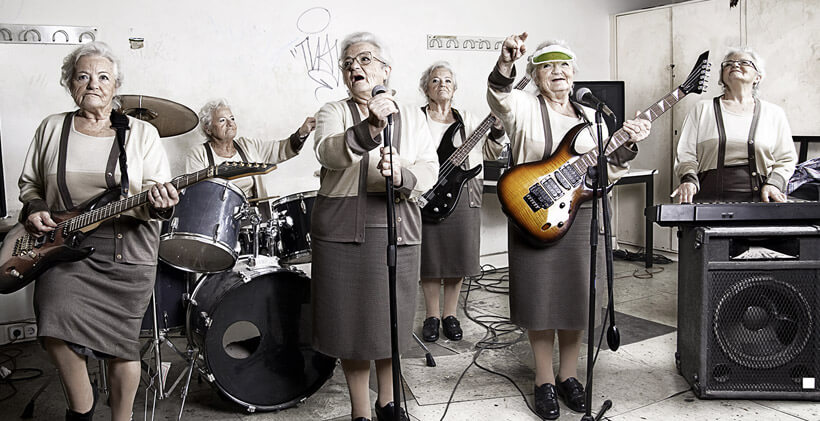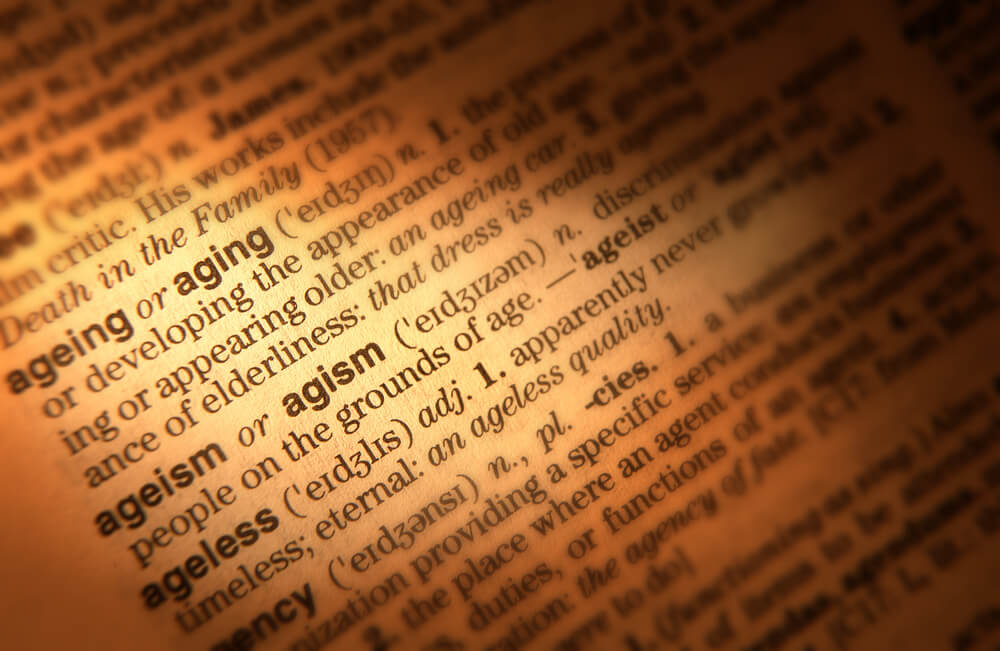This Is What You Can Do When Facing Ageism

The thorny issue of ageism continues to rear its ugly head as we live and work longer. It affects both young and old. The career you thought would end in retirement may extend far beyond out of financial necessity or to stay active through working. You are now competing for jobs with several generations if you are starting out in your career. This post is about dealing with ageism whatever your stage in life, whether you are seeking work or in a job.
A European research study suggests that old age is perceived to start at 62. It differs according to national culture. You may see yourself as young or old (or neither). It can lead to self-limiting beliefs and behaviors (“I’m too young/too old to…”). Stereotypes and generalizations can feed into recruitment practices (“Older people don’t learn as quickly”, “They go off sick more often”, “Younger people are more productive”).
However, when someone else judges that your age relates to your competence or abilities, that’s age discrimination.
Developments in neuroscience and research find that:
“At any given age, you’re getting better at some things, you’re getting worse at some other things, and you’re at a plateau at some other things. There’s probably not one age at which you’re peak on most things, much less all of them.” Joshua Hartshorne
For example, knowing that the ability to identify other people’s emotions peaks between 40 and 60 is an advantage you can leverage.


Unconscious biases are often at the root of ageism. We’ve all got our prejudices. Part of the trick to tackling them is to make them conscious.
Here are three choices within your control where you can make a difference if ageism is affecting you in your job or career:
Increase awareness
Unconscious biases are often at the root of ageism. We’ve all got our prejudices. Part of the trick to tackling them is to make them conscious. You’re never going to eradicate some of those biases but you can get people talking about it and doing something about it. Take the lead in raising the issues.
Make it personal
If you face ageism, part of your protective armor is to see yourself and be seen as, an individual. Challenge the stereotypes and generalizations. Work on your skills and develop techniques to change people’s perceptions about you. For example, by creating a personal brand to enhance your credibility and reputation, by showing your unique talents, or by simply challenging accepted wisdom.
Build generational bridges
A powerful way of overcoming prejudice is to build close, honest and personal relationships with people of different generations. Understanding each other helps to remove misplaced assumptions and identify shared interests and what’s important. Break down the barriers through finding common ground and where you complement each other.
Ageism is illegal, patronizing and debilitating. It can be subtle or blatant, direct or indirect. For example, a job advert asking for 10 years’ experience or being denied promotion in favor of someone younger or older instead.
Use your individuality, courage, and skills to lessen the negative effects and to show your unique value.

CAREER ADVICE

GOV TALK
